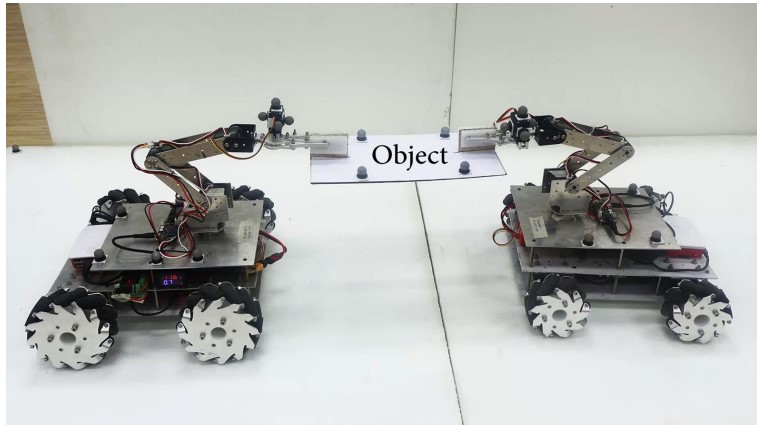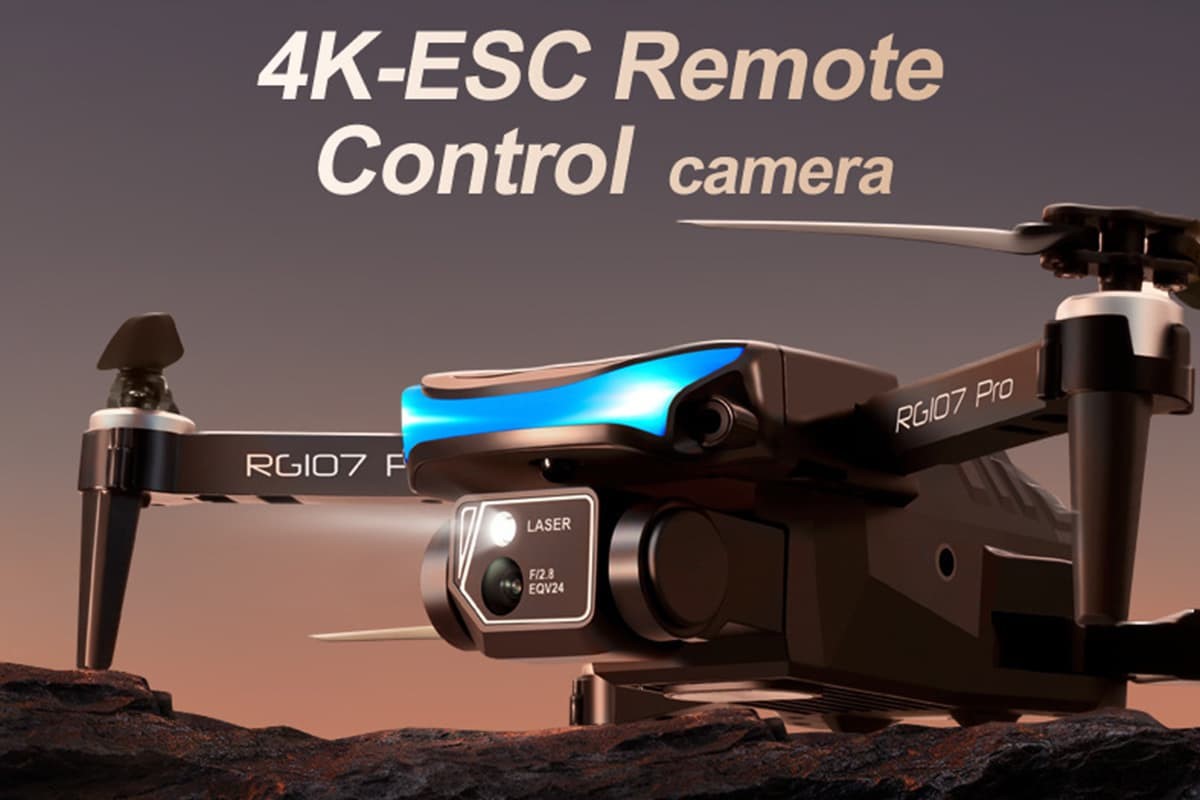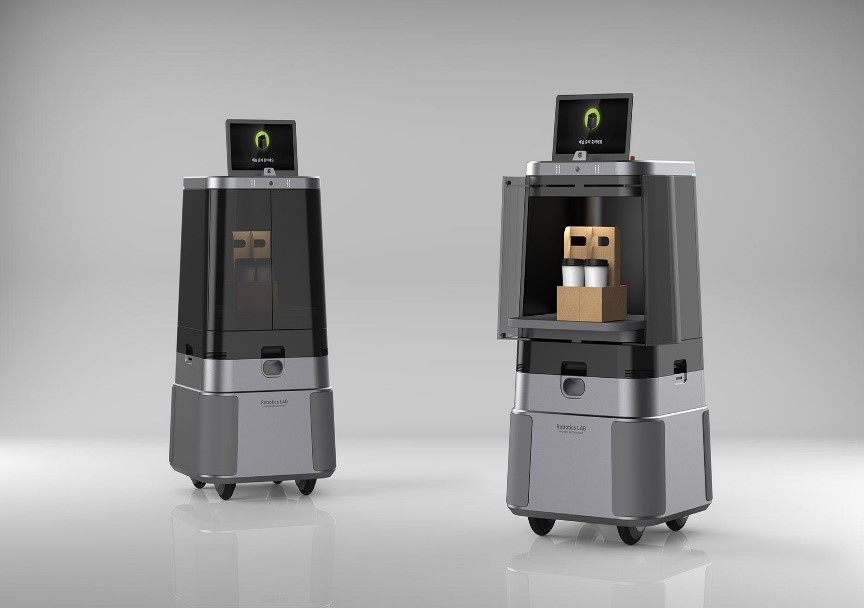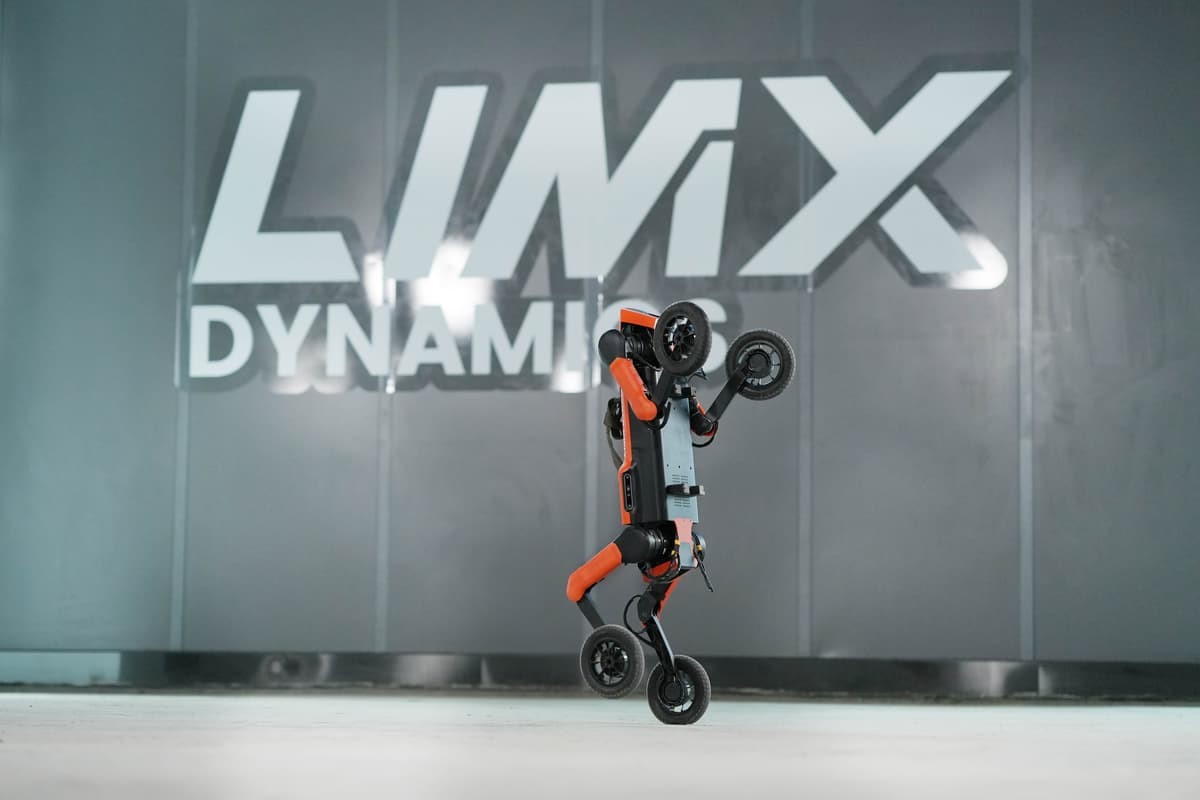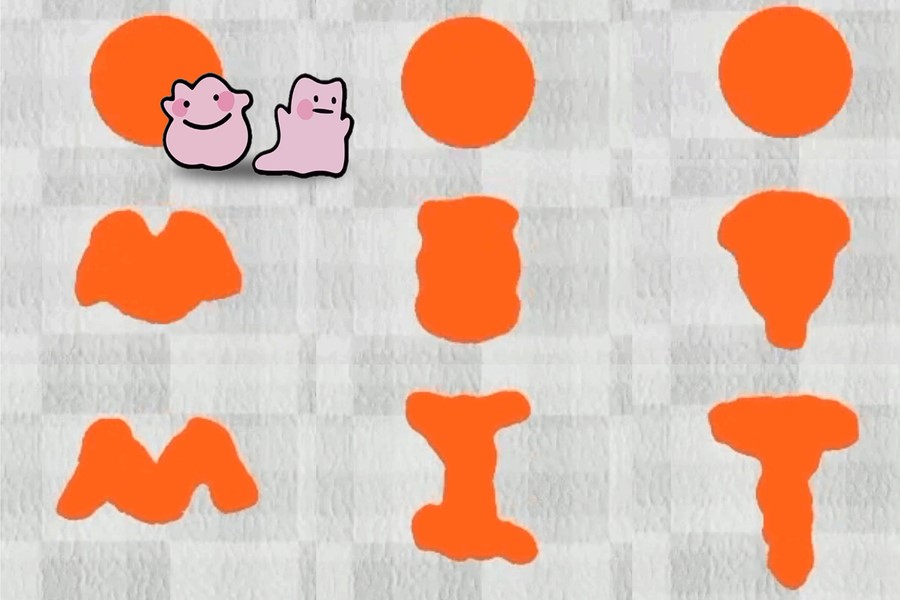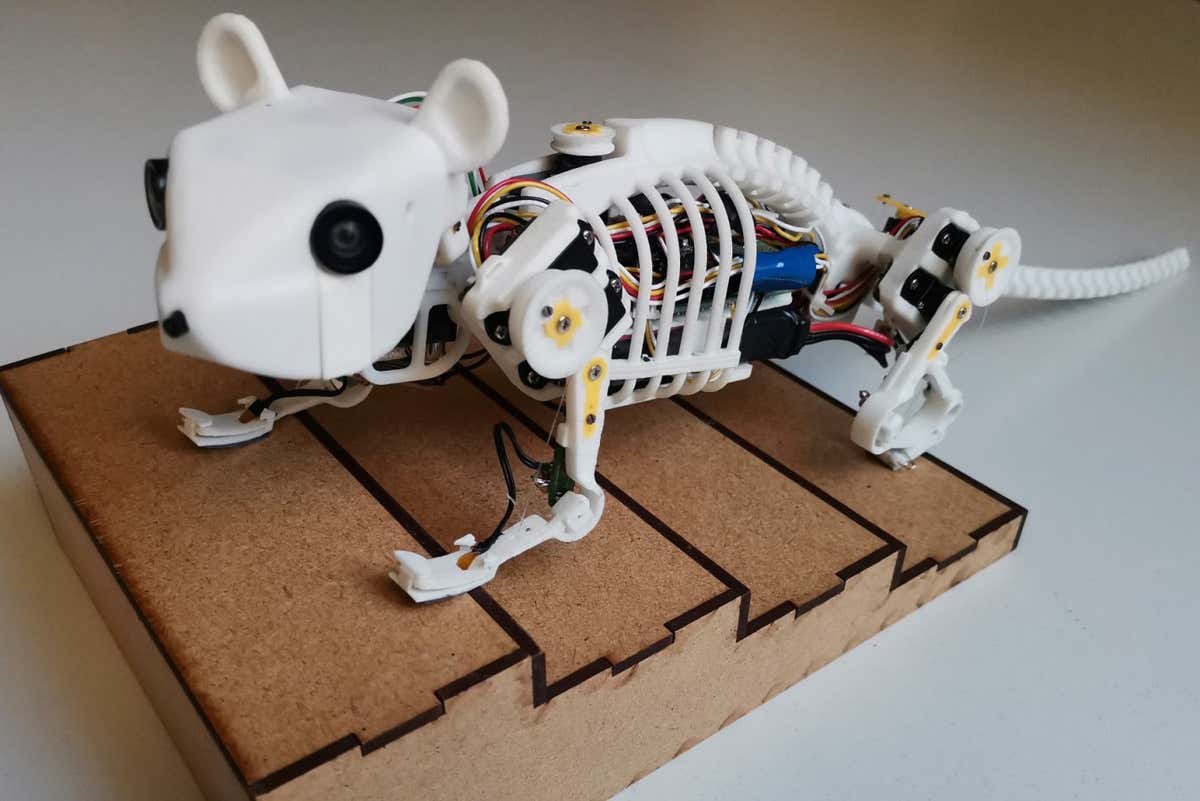A Robot Capable of Engaging in Video Games Alongside Humans
Over the past few years, engineers have created a diverse array of robotic systems poised to aid humans in numerous daily activities. Instead of focusing solely on chores or manual tasks, certain robots may serve as companions, assisting older adults or individuals with disabilities in honing skills that typically involve human interaction.
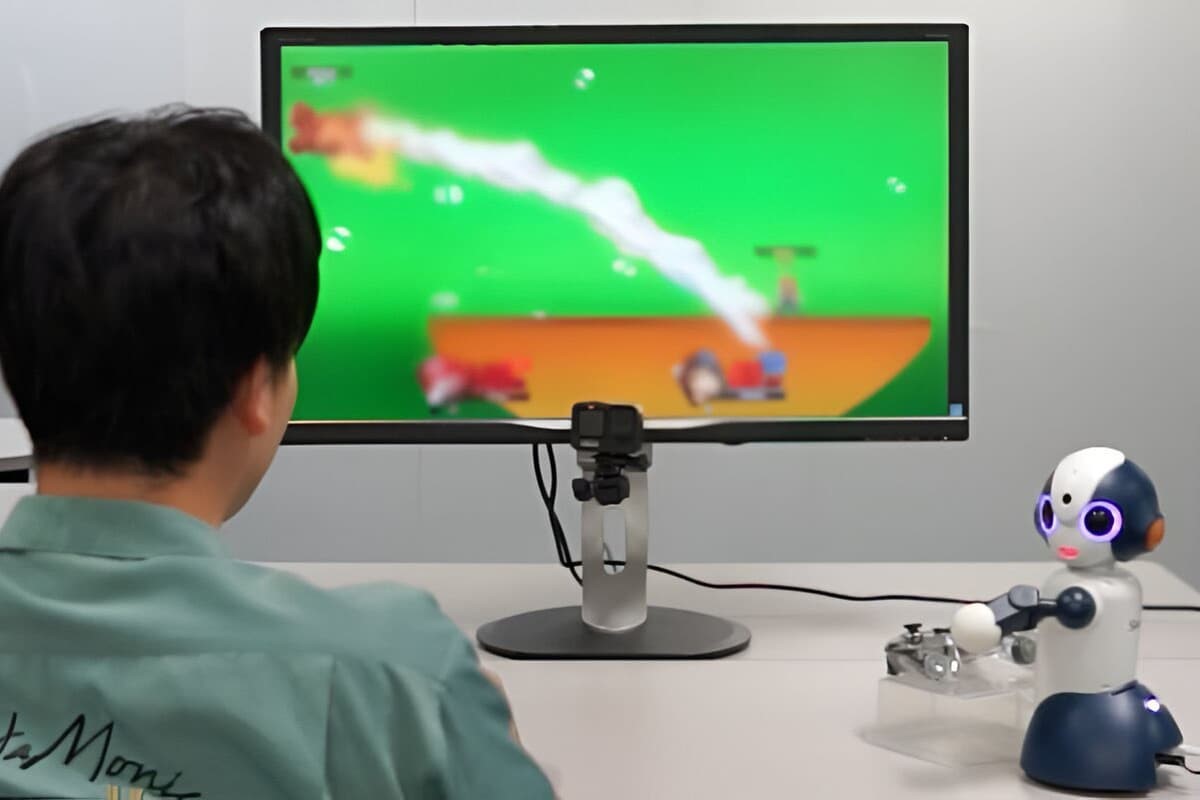
Figure 1. Interactive Robot Enhances Daily Interaction Through Video Game Play.
Figure 1 shows interactive Robot Enhances Daily Interaction Through Video Game Play Developed by researchers at the Nara Institute of Science and Technology, this robot, although lacking a name, aims to enhance gaming experiences by fostering increased fun, sociability, and reducing loneliness. It represents a larger movement towards embracing robotic companionship in Japan, where demographic challenges, such as an inverted population pyramid, and societal attitudes towards work, pose significant concerns for people's social well-being.
A new robot capable of playing video games alongside human users was recently developed by researchers at the Nara Institute of Science and Technology in Japan. Presented in a paper at the 11th International Conference on Human-Agent Interaction, this robot can engage in gaming activities while communicating with users.
Masayuki Kanbara, one of the researchers involved in the study, shared with Tech Xplore, "Our focus has been on creating robots capable of conversing while watching TV alongside humans, and developing interaction technology fostering empathy. This is to achieve a companion robot capable of coexisting with people in their everyday routines." Kanbara continued, "In this paper, we devised a robot that engages in TV gaming sessions, offering chances for individuals to interact with the robot in their daily lives."
Kanbara and his team's innovative robotic system relies on a dialogue framework enabling seamless conversations with human users. This system analyses user input during gaming sessions with the robot and generates appropriate responses.
Furthermore, the researchers devised a system that dynamically adjusts the content of the game being played by the human user and the robot. This adaptation may involve altering the game characters and their actions. As the game unfolds, the robot can deliver dialogue that corresponds to the current events, all the while maintaining a friendly demeanour.
Kanbara elaborated, stating, "The envisioned robot engages in dialogue with a human counterpart during collaborative TV gaming sessions, fostering ongoing interaction between the human and the robot in everyday scenarios. The robot exhibits joy upon winning and frustration upon losing."
To evaluate the efficacy of their proposed robotic system, Kanbara and his team conducted an experiment involving 30 human participants. These individuals were tasked with playing the same video game individually and alongside the researchers' robot. Subsequently, they provided feedback through a brief questionnaire.
The questionnaire revealed that the majority of participants expressed greater enjoyment when playing with the robot compared to playing alone. This underscores the potential of the team's companion robot to enhance user enjoyment and elevate the gaming experience.
"In recent years, there has been exploration into utilizing TV games as tools to aid the elderly in honing their cognitive abilities and maintaining mental acuity," Kanbara noted. "Consequently, our robot could serve as a feature within partner robots designed to oversee and assist the lives of the elderly."
The robot created by this team of researchers is poised for further enhancements and subsequent testing in additional experimental trials, aiming to delve deeper into its capabilities. Moreover, this recent study may serve as inspiration for the creation of various interactive, educational, and robot-assisted gaming experiences tailored to specific demographic groups, such as older adults or children diagnosed with autism spectrum disorder (ASD).
Kanbara further commented, "The assessment outlined in this paper demonstrated the efficacy of the proposed robot within a brief gaming session lasting approximately 15 minutes. Moving forward, our goal is to develop robot behaviour that sustains and encourages interaction over extended periods, spanning months or even years."
Reference:
- https://techxplore.com/news/2024-01-robot-play-video-games-humans.html
- https://newatlas.com/games/ai-gaming-robot/
Cite this article:
Gokila G (2024), A Robot Capable of Engaging in Video Games Alongside Humans, AnaTechMaz, pp. 26




